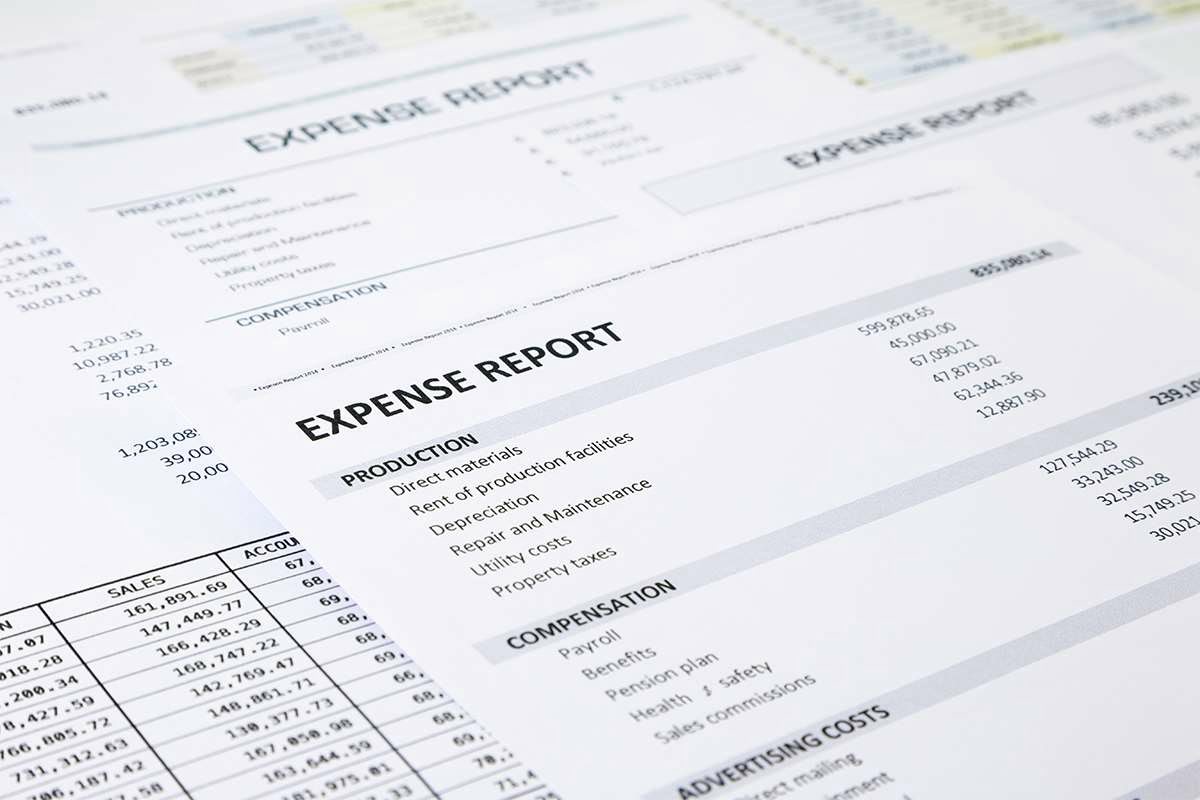
Managerial accounting delivers data-driven feedback for these decisions that can assist in improving decision-making over the long term. Business managers can leverage this powerful tool in order to make their businesses more successful, because management accounting adds value to common business decision-making. All of this readily available information can lead to great improvements for any business.

Resources and continuous learning
For each activity, such as product design, an activity measure, for example, the time spent working on a design, is identified and used as cost driver to assign specific overhead costs to a product or service. The managerial accountant is responsible for sourcing, analyzing, and reporting financial and non-financial information relevant to business decisions and the business’s capability to generate revenue and maintain profitability. Since managerial accounting is used for internal purposes only, it is not required to conform with accounting standards, such as GAAP. It may bring clarity to simple yes-or-no decisions (such as whether to buy an asset or sell a division), but you or your management team must still call on your experience and knowledge to interpret the accounting information and make the best decisions for your business.
Gain professional experience.
Obviously, the resources and operations about which a manager makes decisions on are based on factual information. The manager’s decision will act to change the current situation since the manager is interested in the economic impact of the possible outcomes. The main difference between management accounting and financial accounting is financial accounting is the collection of accounting data to create financial statements, while management accounting is the internal processing used to account for business transactions.
Accounting, Organizations and Society
Thus, managerial accounting focuses more on the future, while financial accounting focuses on reporting what has already happened. In addition, managerial accounting uses nonfinancial data, whereas financial accounting relies solely on financial data. Until recently, no serious work has been done by the accounting profession on the conceptual differences between the use of management accounting techniques to support GAAP financial reporting and management accounting techniques used for internal decision support. This greatly managerial accounting compromises the management accounting practice and the ability of management accountants to provide managers with relevant decision support and optimization information. Yet, several innovative thinkers, shown in the Timeline below, saw value in management accounting having its own distinct set of principles. Over the last century it is more and more evident that management accounting principles be viewed as “indispensable to the evaluation and improvement of MA methods and practices” (Clinton, Van der Merwe 2012).
The main objective of management accounting is to provide useful information to managers to assist them in the planning, controlling, and evaluating roles. All public companies domiciled in the United States must abide by generally accepted accounting principles (GAAP), which are a set of accounting formats that help investors compare and contrast the metrics of different organizations. According to GAAP, a company must enter its financial accounting data in its balance sheets, income statements, and cash flow statements.
- Most companies don’t need every formula, but all small businesses can benefit from at least some management accounting reports.
- Beyond crunching numbers, managerial accountants also seek to identify and understand the reasons for and influences on profits and losses.
- “Our explicit goal in writing these articles was to generate some excitement, enthusiasm, and debate about the new ideas among a broad management audience.
- For example, a midsize manufacturing company needs to constantly track trends, unit costs and other information to succeed.

This information, in turn, helps management with strategic decision-making and supports budgeting activities and the development of contingency plans. Also known as the discounted cash flow rate of return, the internal rate of return is used to evaluate a potential investment’s profitability. The IRR is usually compared to the business’s hurdle rate, which is the minimum rate of return the business would accept. The IRR can easily be calculated with a financial calculator or an excel spreadsheet. Standard costing is used to determine a standard or budgeted cost for producing products or delivering a service, which is then compared to the actual costs of operations.
This domain includes the competencies required to measure and report an organization’s performance in compliance with relevant standards and regulations. As such, it relates to management accountants’ traditional role of providing oversight and hindsight. Even as the role of management accountants evolves, however, these responsibilities remain important and are themselves evolving. With robotic process automation (RPA) increasingly being used to automate accounting processes, management accountants will need to be able to evaluate the efficiency and effectiveness of accounting processes and make recommendations to optimize them. They will also need to implement sophisticated costing techniques and procedures to ensure data security, protect assets, and meet legal and reporting requirements. Managerial accounting, also known as management accounting, refers to the process of collecting, measuring, analyzing, and presenting financial information to managers.

The construction of cost accounting systems in Britain to 1900: the case of the coal, iron and steel industries
- Yet, several innovative thinkers, shown in the Timeline below, saw value in management accounting having its own distinct set of principles.
- You can make data-driven decisions based on your finances, but this data shouldn’t be the only factor you consider.
- Number of units to be produced and sold as well as the required inventory levels at the beginning and end of the budget period.
- Accounting remains a crucial part of any successful business venture in fields ranging from education to healthcare, technology to hospitality and more.
- The main objective of management accounting is to provide useful information to managers to assist them in the planning, controlling, and evaluating roles.
- This uniformity allows investors, lenders, and analysts to compare companies directly on the basis of their financial statements.
In business, financial accounting refers to the act of recording a company’s financial transactions, which are typically examined by investment banking analysts and shareholders of public corporations. A separate practice known as managerial accounting refers to the discipline of record-keeping with an eye towards budgeting and performance measurement, typically conducted by managers. Managerial accounting is important for drafting accurate and complete financial statements for internal use and crafting a company’s long-term strategy.